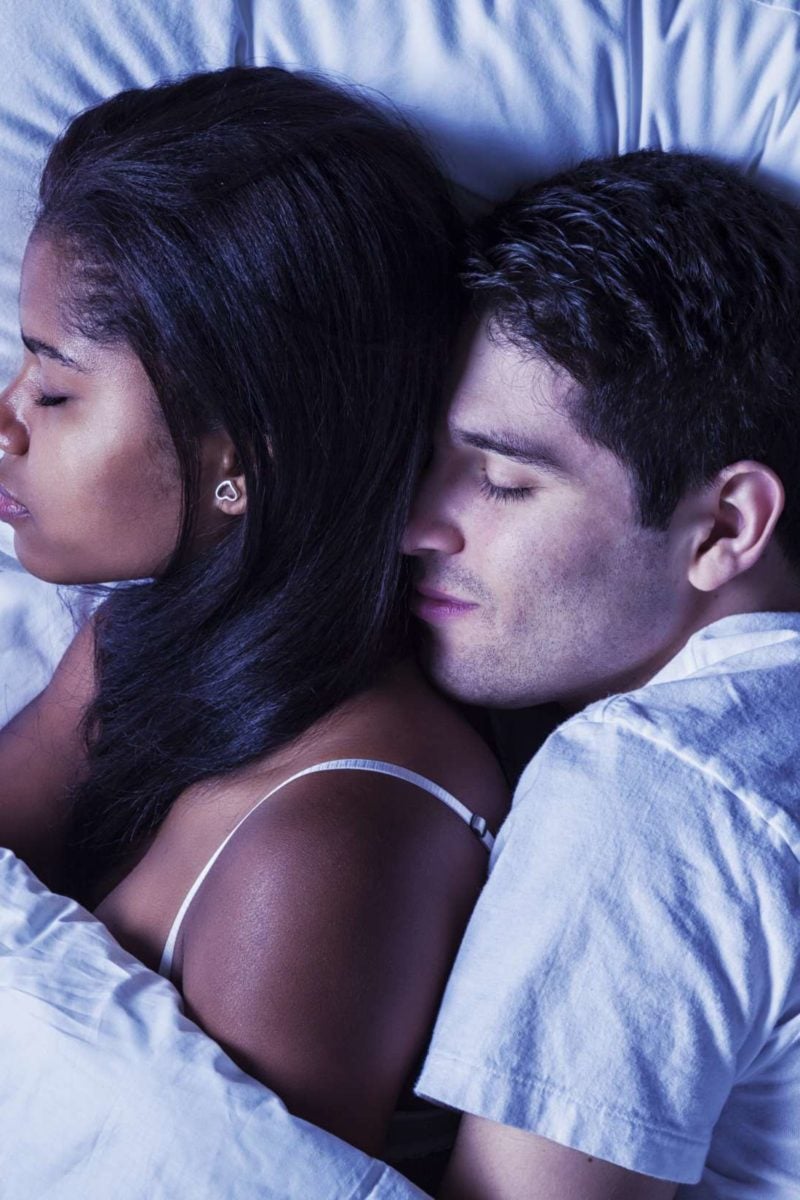

Older adults rarely report feeling sleepy or sleep-deprived on surveys but that may be because their brains are accustomed to being sleep-deprived every day. This problem has long flown under the radar in sleep research. Even moving from one stage to another becomes less predictable and more disorganized." How much time you spend in individual stages of sleep, and the amount of time you spend in the deeper stages, in particular non-REM deep sleep, gets dramatically reduced as you get older. "Your sleep gets more fragmented as you get older. "Sleep duration-how much time you spend asleep-decreases as you get older," says study co-author Bryce Mander of University of California Berkeley. The elderly therefore suffer from an unmet sleep need."Īging leads to decline in almost every measure scientists apply to slumber. "The evidence seems to favor one side-older adults do not have a reduced sleep need, but instead, an impaired ability to generate sleep. We discuss this debate at length in the review," says Walker. "There is a debate in the literature as to whether older adults need less sleep, or rather, older adults cannot generate the sleep that they nevertheless need. Since non-REM deep sleep plays a key role in maintaining memory and cognition, that's a problem. As the brain ages, neurons and circuits in the areas that regulate sleep slowly degrade, resulting in a decreased amount of non-REM sleep. Older adults' sleep loss isn't due to a busy schedule or simply needing less sleep. And all of those diseases significantly increase in likelihood the older that we get, and especially in dementia." "Every one of the major diseases that are killing us in first-world nations-from diabetes to obesity to Alzheimer's disease to cancer-all of those things now have strong causal links to a lack of sleep. "Sleep changes with aging, but it doesn't just change with aging it can also start to explain aging itself," says review co-author Matthew Walker, who leads the Sleep and Neuroimaging Laboratory at the University of California, Berkeley. Furthermore, older people are likely paying for lost sleep both mentally and physically, the reviewers argue. A recent review of scientific literature published in Neuron April 5 found that aging adults may be losing their ability to produce deep, restorative sleep. Despite the thousands of sitcom jokes about it, these shifts in sleeping habits have a dark side.
#No deep sleep how to
Learn how to track your sleep schedule here.As people get older, they sleep less and wake up more frequently. If you're interested in sleep data though, understanding and correlating how you feel with how well you progress through the sleep stages can help you make informed decisions about your bedroom environment or schedule. In fact, I encourage you to do that, especially if large amounts of data about your body doesn't ease your mind. Sure, you could do just as hundreds of generations of humans before us did and fall asleep without any sleep trackers and trust Mother Nature.

It's not surprising that with so much near-wakefulness, this stage is when most of your dreaming occurs.įun fact: In REM sleep, your arm and leg muscles are temporarily paralyzed by two chemicals in your brain that prevent you from physically acting out your dreams and punching your partner in the face instead of that alien bad guy. Blood pressure and heart rates also increase to near awake levels in REM sleep. Your brain waves in REM sleep are closer to wakefulness than deep sleep, and your breathing becomes irregular and speeds up.


If you've ever caught your dog or cat in a REM stage, you'll recognize the darting eyes. This is the sleep stage in which your eyes move rapidly. REM sleep goes even deeper into brain recovery, dreaming and processing memories and emotions. Most people experience REM sleep around 90 minutes after falling asleep. Perhaps the most famous of the sleep cycles, REM sleep is interesting and almost the stuff of sci-fi. The BeautyRest Sleeptracker graphs REM, light, deep and awake segments. Read more: How to tell if you have sleep apnea


 0 kommentar(er)
0 kommentar(er)
